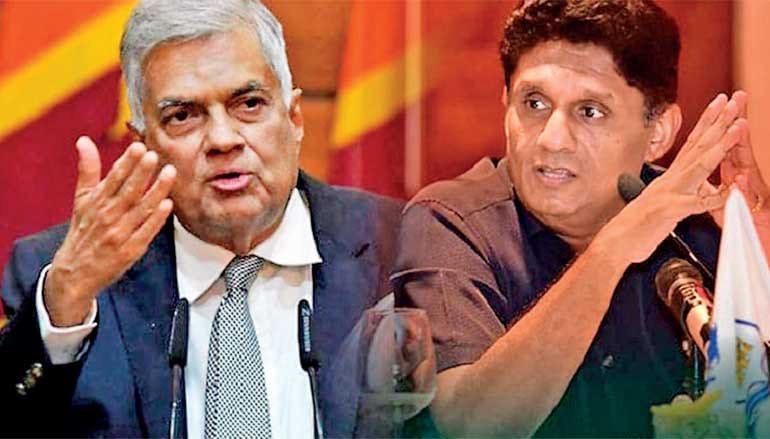
How do Power struggles between different political parties contribute to political conflicts in Sri Lanka?
Power struggles between different political parties contribute to political conflicts in Sri Lanka in several ways ,Political parties in Sri Lanka vie for power and control over the government. When multiple parties or factions are competing for the same positions of authority, it can lead to intense rivalries and conflicts. Parties may resort to tactics such as forming alliances, making political manoeuvres, or engaging in aggressive campaigns to gain an advantage over their opponents. This competition for power can create a hostile and contentious political environment, fuelling conflicts between parties.
Power struggles often result in the polarisation of political ideologies and the electorate. Parties may adopt extreme positions or engage in divisive rhetoric to mobilise their supporters and gain an edge over their rivals. This can deepen societal divisions along political, ethnic, or ideological lines, leading to heightened tensions and conflicts. Polarisation can also make it challenging to foster cooperation and consensus-building among different parties, exacerbating political conflicts.
Power struggles between political parties can lead to policy stalemates and hinder effective governance. When parties are engaged in constant battles for power, it can impede the implementation of policies and reforms that are necessary for the country’s development. Disagreements over policy priorities, resource allocation, or ideological differences can result in gridlock and political deadlock, further contributing to political conflicts.
Power struggles can also expose or intensify allegations of corruption and misconduct among political parties. As parties compete for power, they may resort to unethical practices, such as bribery, vote-buying, or misuse of state resources, to gain an advantage. These allegations of corruption can erode public trust in the political system and fuel public discontent. It can also lead to legal battles and investigations, further escalating political conflicts.
Power struggles can lead to the fragmentation and factionalism within political parties themselves. Internal power struggles and disagreements over leadership positions can result in the formation of rival factions within a party. This internal strife weakens the party’s unity and effectiveness, making it difficult to present a cohesive front and pursue common goals. Factionalism within parties can spill over into broader political conflicts, as rival factions align themselves with different parties or engage in intra-party power struggles.
Addressing power struggles and their contribution to political conflicts requires efforts to promote inclusive and transparent political processes, strengthen democratic institutions, and foster a culture of cooperation and consensus-building among political parties.







Recent Comments